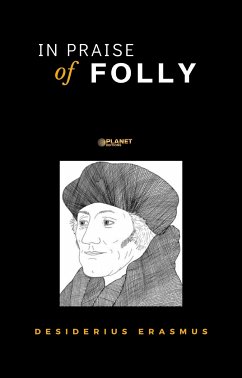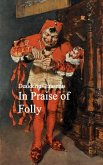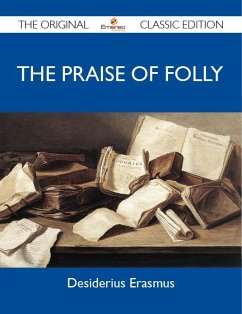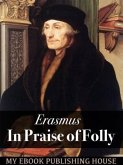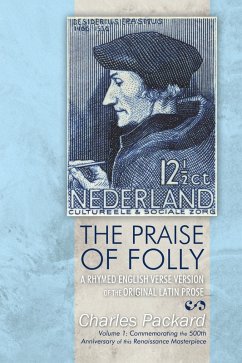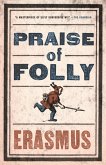In Praise of Folly is an essay by Desiderius Erasmus, first printed in June 1511. It is a satirical attack on superstitions and other traditions of European society as well as on the Western Church. In Praise of Folly starts off with a satirical speech, in which Folly praises herself; it then takes a darker tone in a series of orations, as Folly praises self-deception and madness and moves to a satirical examination of pious but superstitious abuses of Catholic doctrine and corrupt practices in parts of the Roman Catholic Church. Erasmus' close friends had warned him of possible dangers to himself from attacking the established religion, but apparently Leo X and Cardinal Cisneros are said to have found the work amusing.
Dieser Download kann aus rechtlichen Gründen nur mit Rechnungsadresse in A, B, BG, CY, CZ, D, DK, EW, E, FIN, F, GR, HR, H, IRL, I, LT, L, LR, M, NL, PL, P, R, S, SLO, SK ausgeliefert werden.

